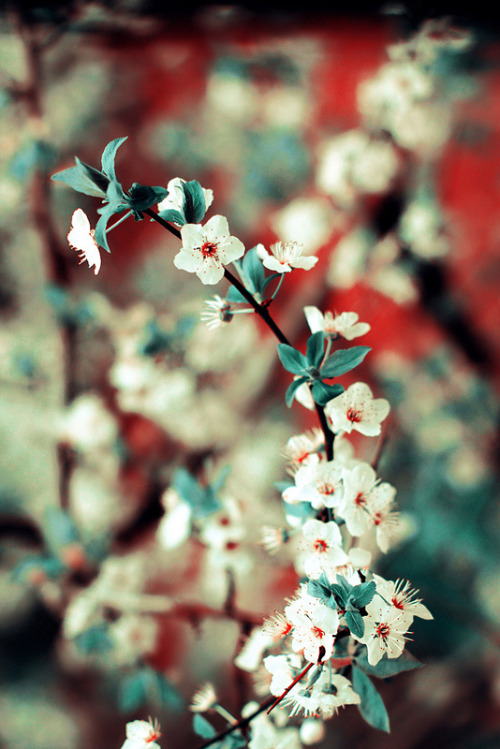بسم الله الرحمن الرحيم
In the name of Allah, the Most Gracious, the Most Merciful,
Allaah تعالى gave Salaam to Khadijah, Jibreel عليه السلام gave Salaam to Aishah, may Allaah be pleased with them both
Ibn al-Qayyim said, “Khadijah bint Khuwailid ibn Asad ibn Abdul-Uzza ibn Qusai ibn Kilaab, the Prophet صلى الله عليه وسلم married her in Makkah when he was twenty-five years old and he remained with her until Allaah honoured him with His Message. She believed in him and aided him, and so was a truthful vizier to him. She died three years before the [Prophet’s] hijrah according to the most correct opinion, and it is said four years [before] and it is [also] said five years [before].
And she has special characteristics, may Allaah be pleased with her, from them being the fact that: the Prophet did not marry anyone else while he was with her; that all of his children were from her, except Ibrahim عليه السلام for he was from Maariyah; that she is the best of the women of this ummah.
And there is a difference of opinion regarding her superiority over Aishah, may Allaah be pleased with her, there being three opinions concerning that, the third of which is abstaining [from saying who is better].
And I asked our Shaikh, Ibn Taymiyyah, may Allaah have mercy on him [about this issue] and he said, “Each one of the two has a special characteristic specific to her. So Khadijah’s impact was in the beginning of Islaam, she used to console Allaah’s Prophet and make him firm and soothe him, and would spend her wealth for him, so she met the dawn of Islaam, and bore harm for Allaah’s Sake and the sake of His Messenger, and the help she gave to the Prophet was at the time he was in the most dire need of it. So the [merit] she has for her aid and her sacrifice is something which others do not have.
And Aishah’s impact, may Allaah be pleased with her, was at the final stage of Islaam, so the [merit] she has for her understanding of the religion and for conveying it to the ummah and benefitting her children [i.e., the Muslims] with the knowledge she imparted to them is something others do not have.” This is the meaning of what he said.
I [i.e., Ibn al-Qayyim] say: and from her special qualities is that Allaah, the One free of all defects, sent [His Own Greeting of] Salaam to her through Jibreel عليه السلام so the Prophet of Allaah informed her [of that]. In his Sahih, Al-Bukhaari said, “Qutaibah ibn Sa’eed narrated to us [saying]: Muhammad ibn Fudail narrated to us from Ummarah from Abu Zur’ah from Abu Hurairah, may Allaah be pleased with him, that he said, “Jibreel came to the Prophet and said, ‘O Messenger of Allaah! This is Khadijah coming to you with a dish having meat soup (or some food or drink). When she reaches you, greet her on behalf of her Lord and on my behalf and give her the glad tidings of having a palace made of Qasab in Paradise, wherein there will be neither any noise nor any toil.’” [Bukhaari, no. 3820 and Muslim, no. 2432]. And by the everlasting existence of Allaah! This was a special quality that was for none other than her.
And as for Aishah, may Allaah be pleased with her, then verily Jibreel عليه السلام gave her salaam on the tongue of the Messenger صلى الله عليه وسلم. Al-Bukhaari said: Yahya ibn Bukair narrated to us [saying]: al-Layth narrated to us from Yunus from Ibn Shihaab that Abu Salamah said, “Once Allaah’s Messenger صلى الله عليه وسلم said, ‘O Aa’ish [i.e., Aishah]! This is Jibreel greeting you.’ So she said, ‘Wa alaihis-salaam wa rahmatullaahi wa barakaatuhu. You see what I do not see.’ She was addressing Allaah’s Messenger [with the last sentence].” [Bukhaari, no. 3768 and Muslim, no. 2447]
And from Khadijah’s special qualities, may Allaah be pleased with her, is that she never hurt him–ever, and she never made him angry, and he never swore not to have sexual relations with her [الإيلاء, cf. Surah Baqarah, aayah, 226], nor did he give her a gentle reprimand, ever, nor boycott her–and sufficient is that as a virtue and merit. And from her distinguishing qualities is that she was the first woman from this Ummah to believe in Allaah and His Messenger.”
Jalaa’ul-Afhaam fis-Salaati was-Salaam alaa Khairil-Anaam, pp. 236.
Translated by Ahmed Abu Turaab
http://wp.me/23HnI
coveredpearls | Wordpress


0 comments:
Post a Comment